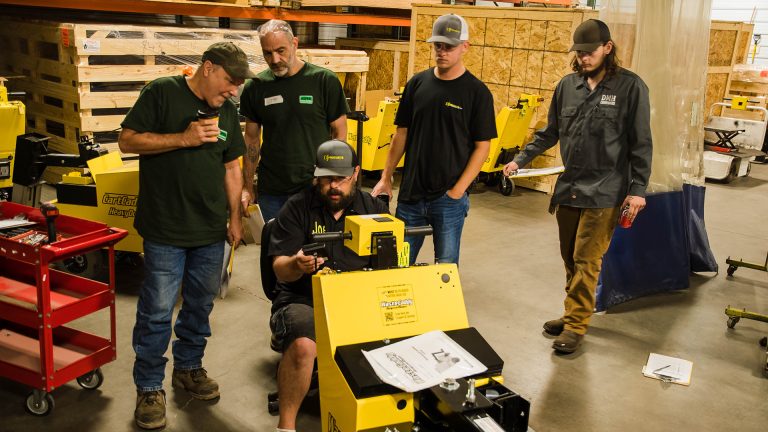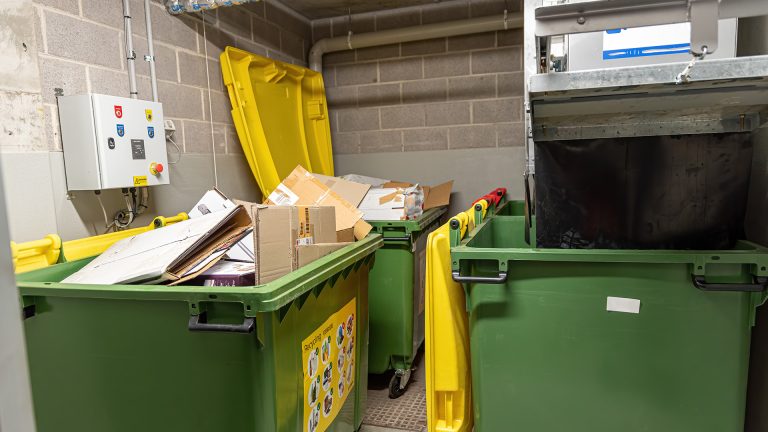Buying used material handling equipment is an attractive option in today’s difficult economic climate. While good bargains are available, the used equipment market is full of charlatans, warns Stafford Sterner in an article on Material Handling Management online. Today we continue the used equipment purchasing tips started in our last post. You’ll find they’re pretty good tips for investigating any company you’re considering doing business with.
- Beware the internet. On the internet it’s easy for a seller to project false impressions about the size of his operation, inventory availability and his experience in the industry. Making an onsite visit may not be practical in the early stages of your equipment search. Sterner suggests viewing satellite images of the seller’s business address on Google Earth to determine whether it’s a legitimate business with onsite inventory or someone arranging sales out of his basement.
- Avoid part-time sellers. Dealing with a one-man band, people who sell used equipment in their spare time, generally means you’re dealing with an unknowledgeable amateur. Such sellers lack the industry experience to guide you and the resources for post-sale support. Sterner recommends asking for a business phone number in addition to an email address or cell phone number. If calls go to voice mail or the seller isn’t available during business hours, beware.
- Deal with owners. Avoid brokers who flip equipment with a couple of phone calls, warns Sterner. A legitimate dealer will have invested money in the equipment he sells and will carry inventory you can inspect. Beware if sellers only offer photos.
- Check financials. If making a large purchase, order a Dun & Bradstreet report (about $100) to check the seller’s financial bona fides. Owners and officers should be clearly listed, along with payment record, any lawsuits filed, incorporation date and number of employees.
- Ask about follow up. Deal with someone who can service what they sell and check out the repair facilities personally. Beware of companies that outsource repair work, Sterner warns. Outsourcing adds one more layer of cost, scheduling headaches and communication problems to repair issues.
- Check reputation. Beware of voluntarily offered references which may be carefully screened, instead call local customers or competitors.
When buying used material handling equipment, the take home message seems to be “Buyer Beware!” Purchasing used equipment from a reputable dealer may seem like a practical stop-gap during the recession, but when you add in the cost of increased maintenance and major repairs, it may be more cost-effective to buy new. Whether you buy new or used, it pays to thoroughly investigate prices, equipment and the dealers themselves to ensure you’re getting the best material handling equipment at the best price.


